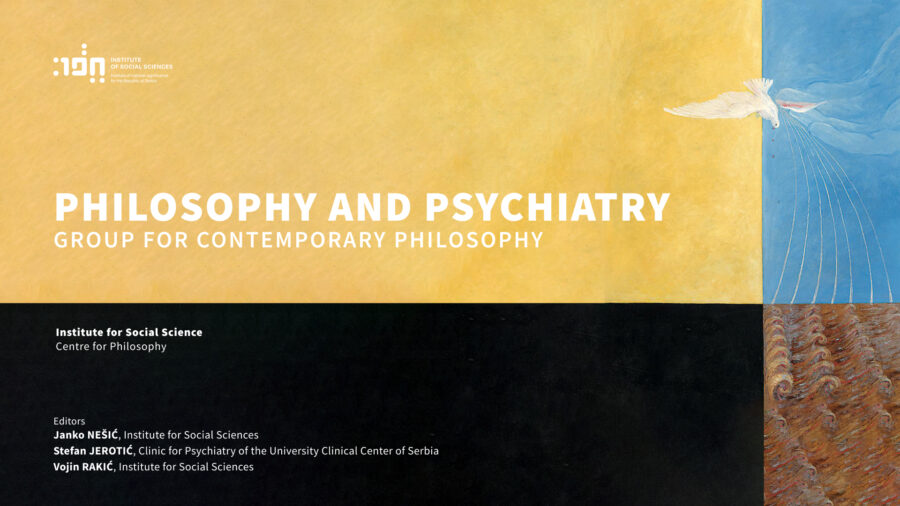In her lecture, doctoral student Iva Ivanović will show how the understanding of autism has changed under the influence of modern scientific research in the past 80 years.
More than 80 years have passed since Leo Kanner, for the first time in a scientific manuscript, described a case of autism. During those 80 years, knowledge and understanding of autism as a mental health disorder changed under the influence of the results of various scientific research, changes in clinical understanding, and its increasing recognition in the social context.
The most significant changes can be observed in the diagnostic criteria, which went from a narrower to a broader diagnostic description. In earlier studies of autism, language or speech had a key role and perspective in looking at this disorder. Current research is increasingly focusing on “high-functioning” autism, people with proper speech-language development, with the intention of better understanding the psychological and cognitive characteristics of the so-called “pure autism” and its differences in phenotypic presentation.
Along with the opinion that autism is a very rare disorder, there was a fear that the professional public did not sufficiently recognise autism. Now, there is a (justifiable) dilemma if it can be “overdiagnosed”, indicating a potentially too low scale of diagnostic criteria.
Over the past 30 years, the concept of autism, especially in the last 10 years, has shifted from a medical to a social model. While the traditional view of autism as a medical disorder that arises and/or is described as a deficit that prevents adequate functioning, the social model speaks of autism as a difference that constitutes the inability to function adequately in society and according to the requirements constituted by people of typical development.
The question of the need for treatment, which therefore affects the definition of the goals of biological scientific research or the need for adaptation, currently represents a major dilemma, the solution of which could potentially lead to a radical change in the understanding and acceptance of autism.
Iva Ivanović completed her master’s studies at the Faculty of Medicine and Surgery – “La Sapienza” University in Rome (Italy). Specialisation in child and adolescent psychiatry at the Faculty of Medicine, University of Belgrade. She is a child psychiatrist at the Center for Autism, Clinical Center of Montenegro. She is researching the genetic basis of autism spectrum disorders as part of his doctoral dissertation at the Faculty of Medicine, University of Belgrade. She trained at psychiatric polyclinics in Madrid and Paris. He is the author and co-author of several scientific works on the mental health of children and young people.
https://zoom.us/j/92142384849?pwd=TVhUMzVTeW9YQ3YxdmFvbUlQRlVldz09
Meeting ID: 921 4238 4849
Passcode: 235993

